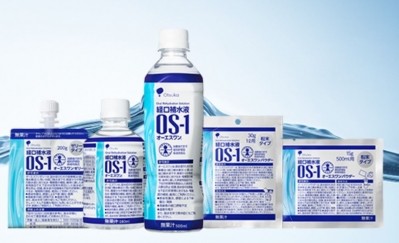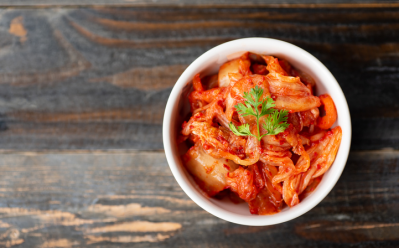Small but growing: Probiotics for inflammation, muscle, diabetes see huge spike in consumer interest

On the other hand, probiotics that aid digestion and improve immunity remained the two most reviewed category.
This is according to the latest findings of Lumina Intelligence, the market insights platform operated by William Reed – the publisher of NutraIngredients-Asia.
Last year, the number of global consumer reviews for probiotics addressing inflammation skyrocketed by 1,129 per cent. The next greatest growth was seen in the muscle probiotics category, with reviews up 812 per cent, followed by probiotics for diabetes up 225 per cent.
The number of reviews for these three categories are increasing from a small base.
Seven probiotics addressing inflammation present in the APAC market were captured by Lumina as of last December.
Most of the reviews went to a product by Indian brand Ramini Bionutrition. A total of 15.4k reviews were recorded.
The next most reviewed product came from Vietnamese firm Cong Ty Duoc Pham YGS, with 300 reviews.
Three probiotics for muscle health were captured by Lumina. They are from the brands Orgain, GNC, and Evlution Nutrition.
As for diabetes, two products were captured, they are Bios Life and Bio-acimin. The former, with 200 reviews, is owned by Unicity Health Australia and the latter is owned by Viet Duc Pharmaceutical.
“Overall, muscle and diabetes are in the very early entry stage. There is a fast-global growth but in Asia, there are very few products on the market.
“Having said that, with a huge population of diabetics in India, at approximately 73 million people, the market opportunity [for probiotics for diabetes] is there,” said Ewa Hudson, director of Insights at Lumina Intelligence.
Digestion, immunity still largest categories
Global reviews for probiotics were still dominated by those catering to digestion, with the number of reviews at 5.8 million – an increase of 114 per cent from year 2019.
Reviews on probiotics for immune health hit 3.4 million – an increase of 186 per cent.
Other categories which made it into the top five most reviewed probiotics were those for gut flora and wellbeing.
Overall, the number of new reviews on probiotics globally had increased by 3.4 million, up 113 per cent last year.
The growth had accelerated in the second half of the year, with the number of reviews up 51 per cent in the second half of 2020 and 41 per cent in the first half of 2020.
Most of the consumer reviews came from China, followed by the US which overtook South Korea. Other countries in the top five spots were the UK and India.
“Zooming in on China, it is interesting to see immunity being the fastest growing health benefit in 2020, with the growth speeding up in the second half of the year, followed by the overall wellbeing and digestion.
“Thus, we could say that the growth in China is fuelled by the broad-spectrum wellness consumer,” Hudson said.
The growth in consumer reviews in India jumped by 1165 per cent, due to more consumers using e-commerce.
“Numerous countries with an underdeveloped e-commerce marketplace were forced to change their shopping habits due to COVID-19.
“As a result, there was a strong acceleration of the adoption of e-commerce,” the report said.
Chinese firm H&H’s probiotics received the greatest number of reviews, while Jiangsu Qingyuankang and BY-HEALTH took the second and third place respectively.
Ingredient suppliers wise, products containing DuPont’s probiotic strains were the most-reviewed, followed by Chr Hansen and South Korean firm Cellbiotech.
Target population: Children
In terms of target population, globally, probiotics for children attracted the largest number of reviews last year, with 2.5 million reviews made.
This was an increase of 228 per cent as compared to 2019.
Probiotics for the general population were the next most reviewed category, followed by probiotics for adults.



















